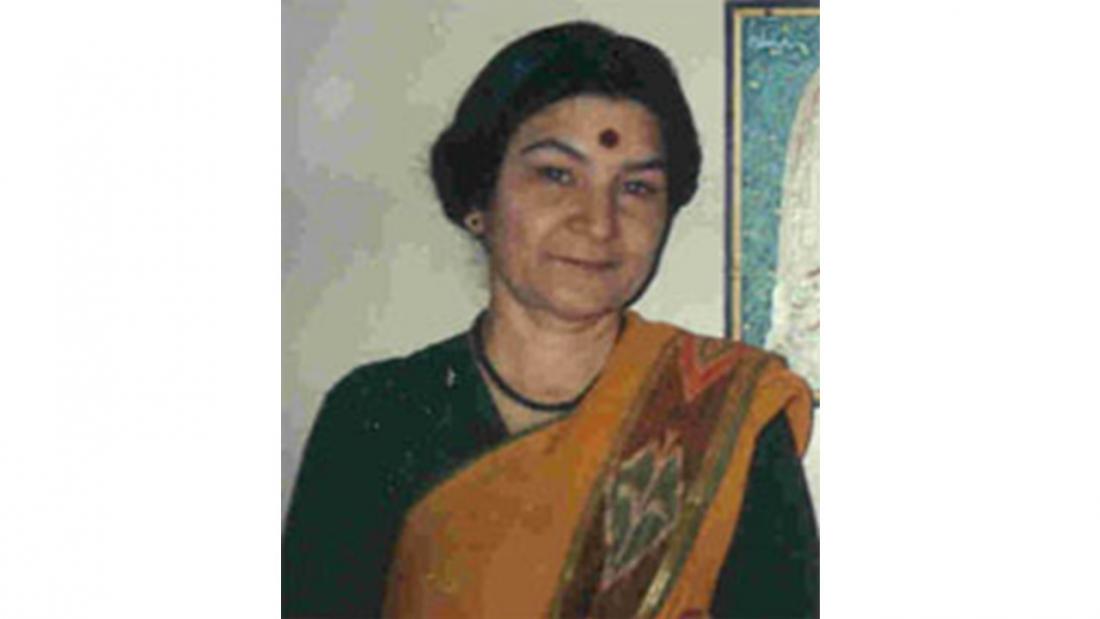Educated in Delhi, Ranganathan received a research fellowship from the Royal Commission for the Exhibition of 1851, which enabled her to conduct postdoctoral research on organic natural products at Imperial College London. Ranganathan had an independent streak that was apparent early in her career. One of the compounds she was studying at Imperial College London was cycloartenol, a type of plant sterol found in jackfruit. As jackfruits were not available in England, Ranganathan asked her mother to ship some to England. Ranganathan also developed a protocol for synthesising imidazole, a compound used to make antifungal drugs and antibiotics. When she returned to India, Ranganathan was not allowed to join her husband as a faculty member in the same department, due to concerns about conflicts of interest. Undeterred, Ranganathan funded her entire research career through multiple independent fellowships and together, the couple published several books on organic chemistry. Ranganathan also published dozens of papers in renowned journals on protein folding, molecular design, chemical simulation of key biological processes and the synthesis of functional hybrid peptides and nanotubes. Among her other notable accomplishments are being a Fellow of the National Academy of Sciences, winning the A.V. Rama Rao Foundation Award, the Jawaharlal Nehru Birth Centenary Visiting Fellowship, Third World Academy of Sciences Award in Chemistry and the Sukh Dev Endowment Lectureship.
Giants in History
CLICK HERE to get to know these fascinating researchers.




